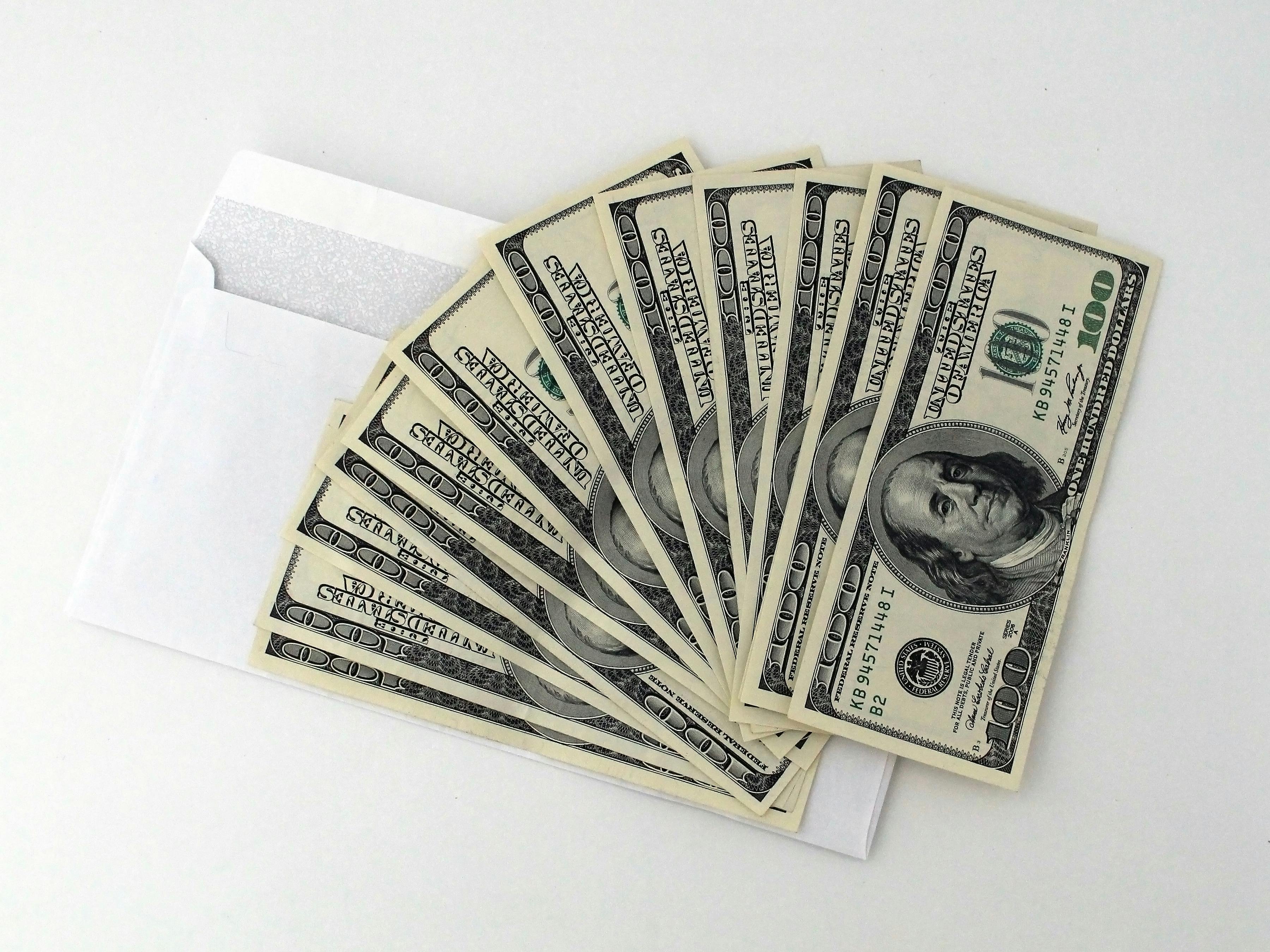Link copied
Apple Tops March-Quarter Targets On Record Services Revenue. But Stock Slips.
companies :: 2025-05-01 :: source - ibd
 Apple logo illustration by Armand Valendez / Pexels file photo.
Apple logo illustration by Armand Valendez / Pexels file photo.
By
Apple (AAPL) late Thursday comfortably beat estimates for its fiscal second quarter, thanks to record services revenue. But Apple stock fell in extended trading.
The consumer electronics giant earned $1.65 a share on sales of $95.36 billion in the quarter ended March 29. Analysts polled by FactSet had expected earnings of $1.62 a share on sales of $94.54 billion. On a year-over-year basis, Apple earnings increased 8% while sales rose 5%.
The Cupertino, Calif.-based company also raised its quarterly dividend by 4% to 26 cents a share. Apple also announced a new stock-buyback plan totaling up to $100 billion.
In the March quarter, Apple's services revenue surged 11.6% year over year to $26.65 billion. Services accounted for 27.9% of Apple's total revenue.
Apple's iPhone sales rose 1.9% to $46.84 billion in fiscal Q2. Smartphones accounted for 49.1% of Apple's total revenue in the quarter.
Mac computer sales climbed 6.6% to $7.95 billion. IPad tablet sales jumped 15.2% to $6.4 billion. However, Apple's Wearables, Home and Accessories unit saw sales drop 4.9% to $7.52 billion.
For the current quarter, Apple expects its total revenue to increase by a low to mid-single-digit percentage. Analysts had modeled for sales to rise 4% to $89.19 billion in the fiscal third quarter.
Apple Stock Drops After Report
In after-hours trading on the stock market today, Apple stock sank more than 3% to 205.30. During the regular session, Apple stock rose 0.4% to close at 213.32. It had risen for eight straight sessions.
Apple stock has been pressured in recent weeks by concerns over the impact of the Trump administration tariffs.
On a conference call with analysts, Chief Executive Tim Cook said tariffs had a limited impact on the March quarter. However, he predicted $900 million in added costs to the June quarter from tariffs, assuming current rates and policies don't change.
Follow Patrick Seitz on X, formerly Twitter, at @IBD_PSeitz for more stories on consumer technology, software and semiconductor stocks.
Source: IBD
YOU MAY ALSO LIKE:
What AI Slowdown? Nvidia Rallies As Meta, Microsoft Boost Data Center Spending.
This week top market trends.
-
Back to school: markets brace for September risks
2025-09-01 :: stock :: reuters -
Soho House Stock Soars on $2.7B Take-Private Deal Involving Ashton Kutcher
2025-08-18 :: stock :: investopedia
Recent global market news
-

Gold or bitcoin? Here’s the case for adding both to your portfolio in 2025.
2025-02-03 :: :: marketwatch -

U.S. House Stablecoin Bill Goes Live in Flurry of Crypto Activity on Capitol Hill
2025-03-27 :: :: coindesk



